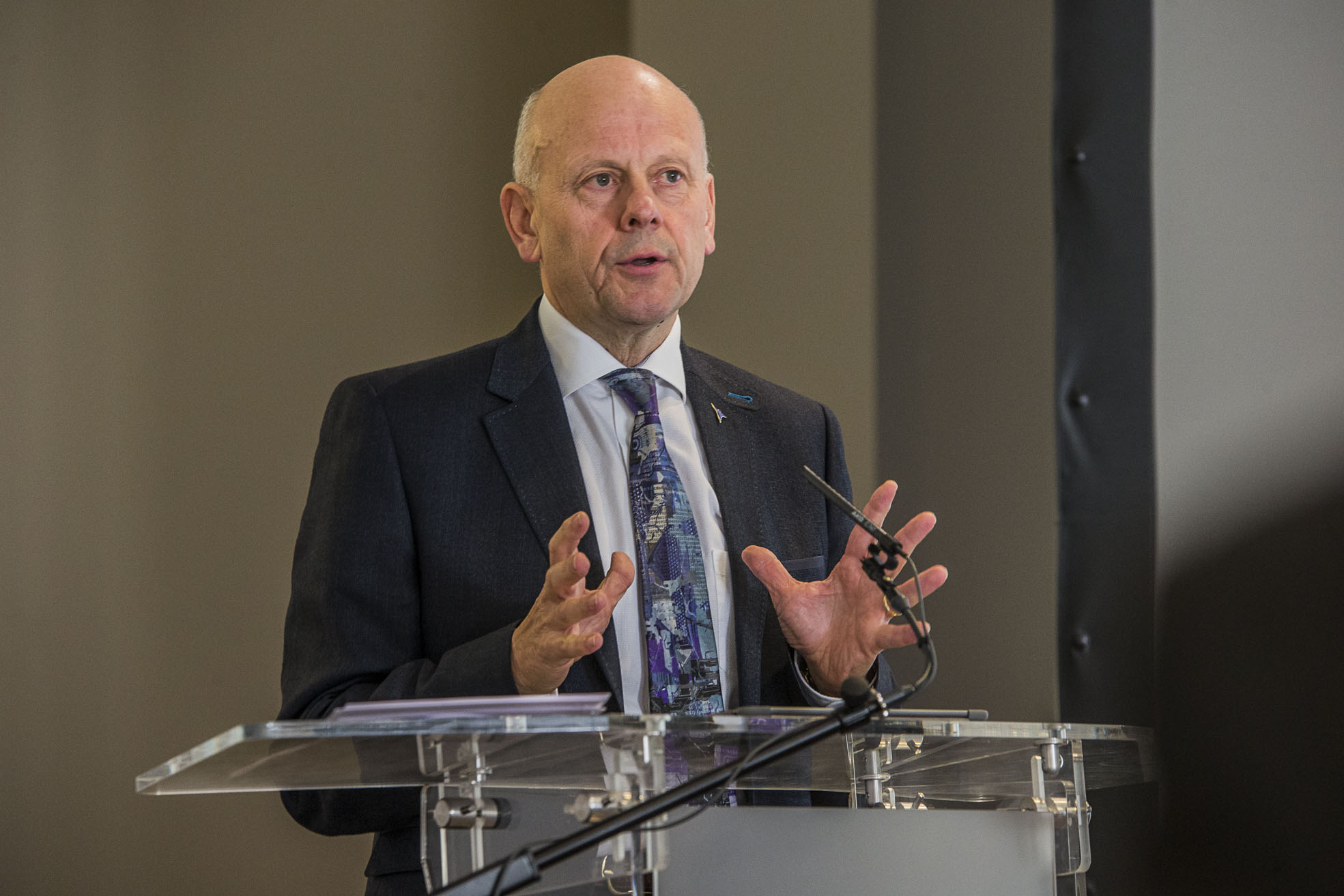
A social care leader fears that giving the bulk of a new £48 million funding package to Welsh councils will be like “putting foxes in charge of hen house”.
Mario Kreft MBE, the chair of Care Forum Wales, says that local authorities cannot be trusted to distribute the cash from Welsh Government fairly
He said Wales had been blighted by a postcode lottery of funding ever since responsibility for managing social care budgets had been handed to councils more than a quarter of a century ago.
As a result many care homes and domiciliary care companies had been teetering on the brink of financial ruin for a long time.
Even First Minister Mark Drakeford had pointed out the sector’s finances were fragile before Covid-19 had made matters even worse.
Deputy Social Services Minster Julie Morgan has now announced the majority of the cash, £40 million, would be allocated to local authorities.
The aim, she said, was to help the social care sector meet the ongoing challenges caused by the pandemic.
While more money was very much welcomed, said, Mr Kreft, it would not significantly change anything unless the “broken social care system was fixed” first.
Mr Kreft said: “We are hugely grateful to the Welsh Government for prioritising social care in this way and it is clear they recognise the unprecedented challenges we have faced and continue to face.
“We would not have had the exemplary support we have received so far during this pandemic had it not been for Welsh Government who put in place very strong criteria.
“The first tranche of the hardship fund which ran until the end of June last year was given to local authorities without guidance and, in some areas, it did not reach where it should have done, with some councils being more supportive than others.
“The Welsh Government looked at that and decided that a better mechanism was needed.
“So giving councils this extra £40 million without stringent guidelines to ensure it reaches the front line is like putting foxes in charge of the hen house.
“It is the case that the majority of social care, particularly for older people, is provided by the independent sector but I suspect the bulk of the money isn’t going to go there.
“Some local authorities will do their best but we have some councils that would much rather not work with the independent sector.
“They are openly saying they want to take services in house so this presents them with another opportunity to bolster their own provision at the expense of the people being cared for by the independent sector.
“This already happening. The fees they pay to their own council-run care homes are far in excess of what they allocate to independent care homes and the wages they pay are higher than the budget they allocate to the independent providers to pay our staff.
“As far as local authorities are concerned, they will see this as another golden opportunity to feather their own nests.
“It is imperative that this money is channelled directly to the front line across Wales and that councils are not allowed to cream the money off the top.
“The current model of funding which has been in operation for a quarter of a century is clearly not fit for purpose and never has been.
“Funding is allocated via local councils and health boards which means we essentially have 29 variations on a theme which is an absolute nonsense.
“The vast majority of care home residents are publicly funded and providers have been forced to dance to the varying tunes of local councils for a generation.
“The overwhelming priority must be to devise a national action plan to implement long-term structural change to mend a system that’s broken and fragmented.
“The way ahead is to be found in the Welsh Government’s White Paper about social care which clearly says we need a new national framework for setting fees.
The White paper recognises that registered providers providing both care homes and domiciliary care are a key underpinning of the fabric of care and support in Wales for our most vulnerable citizens.
“They also contribute to the economy both by employing people as part of the foundational economy and enabling people to work by caring for their loved ones.
“This eminently sensible approach will eliminate the iniquitous post code lottery that currently exists and would help deliver a fair funding mechanism that would be pivotal in creating an integrated health and social care system that’s worthy of the people of Wales.”